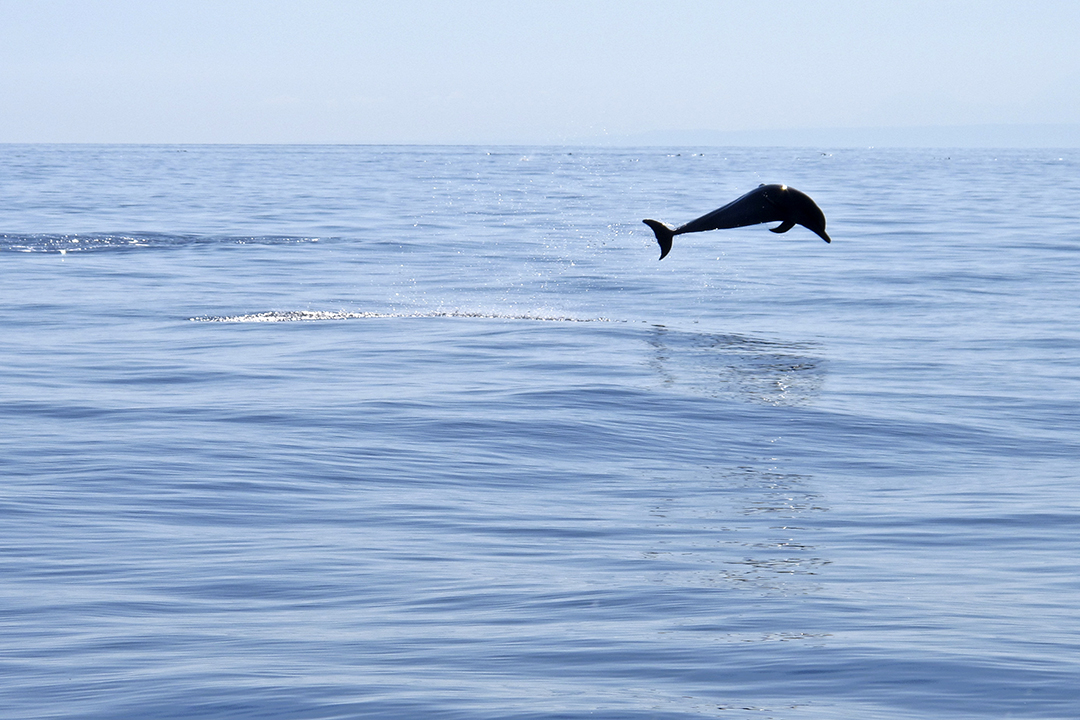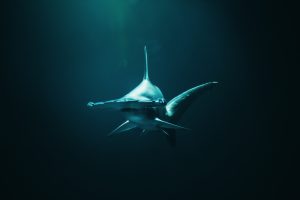The International Seabed Authority (ISA) Assembly elected Leticia Reis de Carvalho of Brazil as the new ISA Secretary-General. According to the Earth Negotiations Bulletin (ENB), “[t]he incoming Secretary-General will need to balance or resolve competing interests and approaches toward activities in the seabed and ocean floor and subsoil thereof, beyond the limits of national jurisdiction (the Area), including commercial deep-sea mining.”
The ENB summary report of the meeting identifies the crux of the issue at hand in “that some Member States are calling for a precautionary pause, moratorium, or ban on deep-sea mining, while others want to initiate commercial exploitation of deep-sea mineral resources as soon as possible.” The ENB analysis indicates support for a precautionary pause, moratorium, or ban grew to a total of 32 countries. Most recently, Austria, Guatemala, Honduras, Malta, and Tuvalu added their voices to the call.
The ISA Council and Assembly convened over a period of three weeks. The Council’s main job was the consideration of the draft exploitation regulations for deep-sea mining. Delegates concluded “the first reading of the consolidated text, which comprises the entire set of regulations, that members started to address at the first part of the 29th session in March 2024.” This, according to ENB, “was celebrated as an important milestone, with some emphasizing ‘it brings us one step closer to the adoption of the regulations.’”
Others, however, stressed that much remains to be done, pointing to unresolved matters delegated diverged on. These include effective control, equalization measures, and provisions related to inspection, compliance, and enforcement. Ongoing work on outstanding issues, such as the rights and interests of coastal states, test mining, and on novel concepts, such as intangible underwater cultural heritage, was also highlighted.
Additional areas requiring further work include: the financial mechanism and benefit-sharing provisions; regulations that guarantee the effective protection and preservation of the marine environment, including those on environmental impact assessments (EIAs) and environmental impact statements (EISs); provisions on liability; institutional arrangements, including the operationalization of the Economic Planning Commission; and coordination with other existing international frameworks and initiatives on ocean governance.
The Council also addressed the report of the Chair of the Legal and Technical Commission (LTC), the first report of the Interim Director General of the Enterprise, and the report of the Secretary-General on the LTC reports. Delegates discussed at length the report of the Finance Committee before forwarding the proposed ISA budget for the next biennium to the Assembly, which eventually adopted it.
The Assembly held lengthy discussions on the 2024 annual report of the Secretary-General on the activities of the ISA Secretariat, with delegates expressing polar views on the second periodic review and on an ISA general policy on the protection and preservation of the marine environment. Despite clear obligations under the UN Convention on the Law of the Sea (UNCLOS), the suggestion for initiating a process for the second periodic review of the international regime of the Area did not garner consensus. Having met strong opposition, the proposal to hold an intersessional informal dialogue for the development of an ISA general policy for the protection and preservation of the marine environment was not even included on next year’s agenda.
Reis de Carvalho was elected to serve as the ISA Secretary-General for the next four years on the last day of the Assembly. Out of 113 valid ballots cast, 79 were in favor, revealing “an overwhelming appetite to open a new chapter in the ISA’s history” that will begin in January 2025 when the new Secretary-General assumes office.
The ISA Council convened for the second part of its 29th session from 15-26 July 2024, in Kingston, Jamaica. The ISA Assembly took place from 29 July to 2 August 2024. [ENB Coverage of Second Part of ISA 29th Annual Session]

